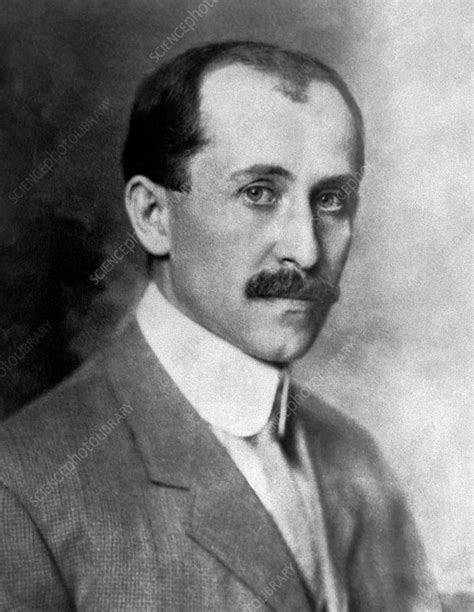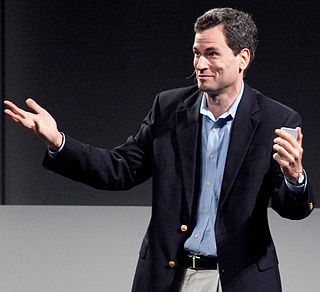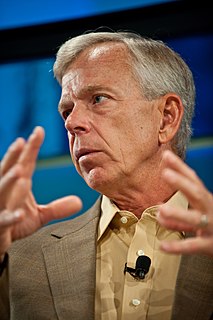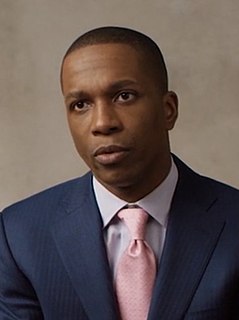A Quote by Alec Baldwin
One generation might like you, then 15 years later the next is responding to somebody else.
Related Quotes
If you look at the first generation of wireless, it really lasted about 15 years before we went to the second generation. When we implemented the fourth generation, which allowed us to do all the smartphones and the videos, the time between that and going to the fifth generation is going to be four years.
Evolution is all about passing on the genome to the next generation, adapting and surviving through generation after generation. From an evolutionary point of view, you and I are like the booster rockets designed to send the genetic payload into the next level of orbit and then drop off into the sea.
What originally established the band was cover songs like Not Fade Away. Then, later on, we got more well-known ones like Satisfaction, which you might say echoed the thinking of, well, any generation you care to name, including the present one. But we didn't set out on bits of paper that we were going to be the voice of a generation. The original aim of the Rolling Stones was to play blues. It wasn't even to play rock music.
In the next 15 or 20 years, I hope I'll be the richest man in the world. That's one of my goals. I want to be a billionaire. I want to get to a position where generation on generation don't have to worry about nothing. I don't want family members from my kids to my son's kids to never have to worry. And I can't do that now just playing basketball.
I like intersections. They're the nature of New York, and there's always the possibility that when you're at one you can meet someone new. Have I ever met anyone new at an intersection? No, but I like the idea of it. I like cities because if you're stopping on the corner to wait for a light to change, there's the possibility that you and somebody else can talk. And if you and that somebody else start to talk, then you can start to argue, and if you start to argue, you might start a revolution.
With apologies to the green movement, "sustainability" is a myth. History and archaeology show that societies are always moving to the edge of crisis, "falling forward" through growth, but then responding often successfully to the problems created. What we can hope for is that with a somewhat more controlled level of growth, and with longer-term preparations for change, we can keep responding to the inevitable smaller crises, as they arise, and continue to postpone until later and later the, perhaps ultimately inevitable, end of our civilization.




































